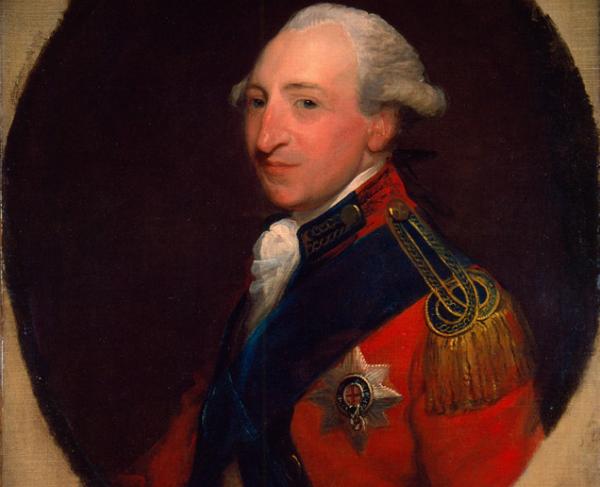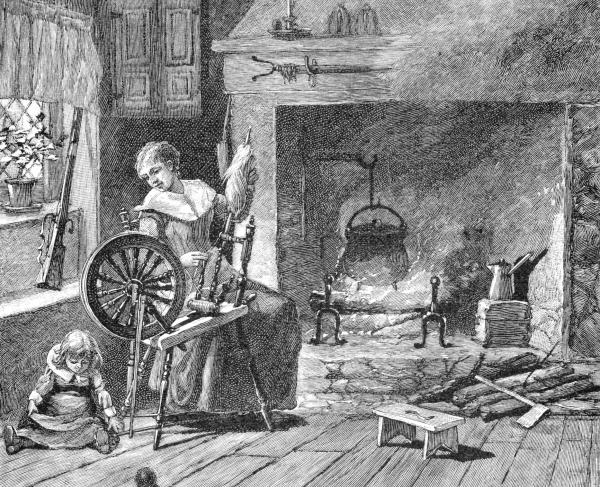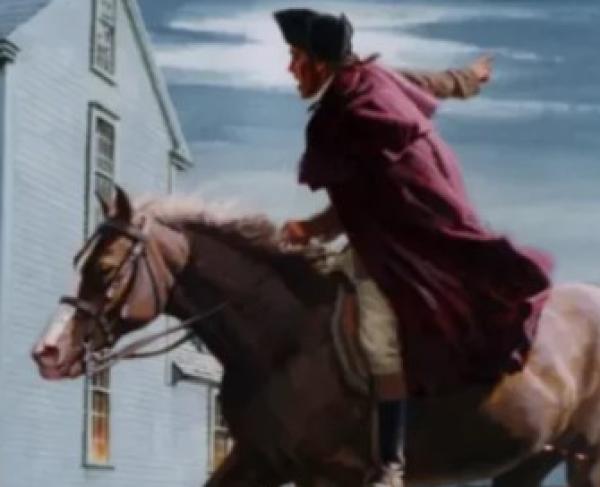Hugh Percy

Hugh Percy was born in 1742, and he was the son of Sir Hugh Smithson and Lady Elizabeth Seymour. His mother was the heiress of the House of Percy, and during the inheritance, his father became the Earl of Northumberland and took the last name Percy.
Through his family’s influence, Hugh Percy joined the British Army at age seventeen, becoming a captain in the 85th Regiment of Foot. He fought at the battles of Bergen and Minden in 1759 during the Seven Years War in Europe. Through his life and military career, Percy frequently suffered from poor health, but he was remembered for his honor, bravery, reasonable disciple and generosity. Returning from the war, Percy attended St. John’s College, Cambridge, and in 1764, he married Lady Anne Crichton. Also in 1764, he was promoted to colonel and served as an aide-de-camp to King George III. Two years later his father received a dukedom, and Hugh Percy became Earl Percy.
Family position secured Percy a seat in Parliament. Politically, he opposed the mercantilism policies that taxed the British colonies in America and increased the tensions between mother country and colonies. Following the Boston Tea Party, that city’s port was closed, and more British troops were sent to New England. Percy went to Boston in 1774 with the 5th Regiment of Foot (sometimes called the Northumberland Fusiliers). Once in Boston, he became disgusted with the behavior of the rebellious colonials, but he maintained discipline among his soldiers, trying to limit conflict between the troops and the local civilians.
On April 19, 1775, a British expedition of about 700 soldiers headed toward Concord, ordered to seize weapons that American militia had near that village. The British soldiers encountered resistance, and shots were exchanged at Lexington and later at Concord. Colonel Francis Smith who commanded the expedition sent a message to Boston, asking for reinforcements. Hugh Percy marched more than one thousand soldiers to Lexington, meeting Smith’s troops who had been ambushed as they retreat from Concord. Percy’s hurried arrival with reinforcements and cannon protected Smith’s battered force, but the British retreat continued under attack and ambush from militiamen lining the road to the outskirts of Charlestown and Boston. After fighting back to safety, Percy gave the militia rebels respect, acknowledging they were organized in their resistance and fought well, using terrain to their advantage.
Percy battled Americans again in 1776, leading a division at the Battle of Long Island and during the attack on Fort Washington. Despite his promotion to lieutenant general in 1777, he resigned and left North America, provoked by General Howe and the way the British generals were conducting the war. Percy freed an enslaved man named Bill Richmond, bringing Richmond to England in 1777 where he later became a famous boxer.
Returning to England, Percy received Parliament’s permission to divorce his wife because of her adultery. Then, he married again and had nine children—five surviving childhood. In 1786, Percy’s father died, and he inherited the family’s titles and land. Hugh Percy spent the rest of his life overseeing his land (becoming one of the richest men in England) and trying to improve life for the tenants and farmers. He also continued to hold military rank, taking command of the Percy Yeomanry Regiment in 1798 and the Royal Horse Guards in 1806. He was honored by becoming a Knight of the Garter in 1788. He died suddenly in July 1817.
Related Battles
93
300

